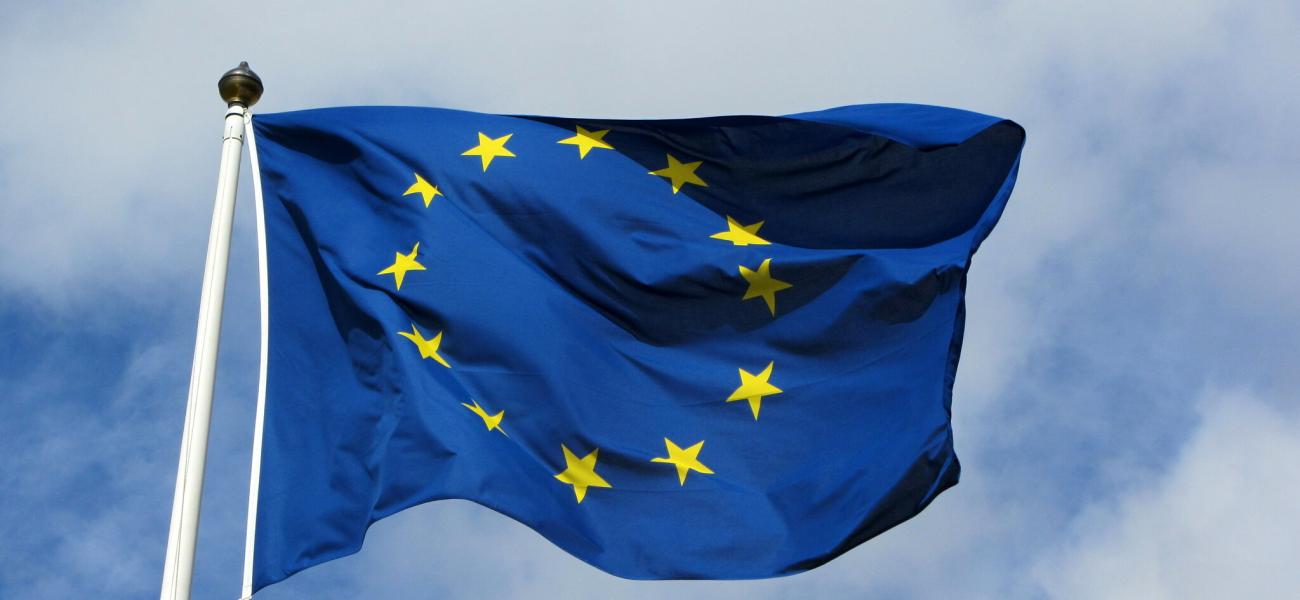
Ukraine’s Accession to the EU: Relations With Member States and Implications for the Balance of Power
This article was originally published by SWP as part of a 360 Degrees publication.
In case of accession, Ukraine’s closest partners in the EU would probably continue to be Poland and the Baltic states, as well as other countries in East-Central and South-East Europe. With continual threat perceptions, comparable experiences, and similar views of Russia, Ukraine would strengthen the group of member states calling for a tough stance vis-à-vis Moscow. Poland would be a key partner for Ukraine. Relations with Warsaw are likely to strengthen further in the coming years, for instance through a new bilateral agreement that might be a sort of Élysée Treaty of the East. Kyiv will also continue to deepen its relationships with those EU countries that see themselves as frontline states of the West.
Ukraine would enter the EU with a clear pro-American stance and would bring its profound security, defense and military ties with the United States (and the United Kingdom), built up during the war, into the Union. This would strengthen the transatlantic “club” in the EU. At the same time, given its non-NATO membership, Ukraine would have an interest in the further development of solidarity and safeguard clauses as well as military capabilities within the framework of the Common Security and Defence Policy and in improving EU-NATO cooperation.
With regard to the future of the EU, competing goals of Kyiv can be assumed. On the one hand, Ukraine aims to join the EU because it wants “more Europe.” A dilution of European integration is not in its interest, as it would undermine financial and political solidarity. On the other hand, a state fighting for its independence in war will be reluctant to allow sovereignty to be “pooled.” Ukraine would also likely be reluctant to accept differentiated forms of integration, fearing that it would be left out of many projects (as in the case of the Eurozone, of which it would not be a member for a long time).
Overall, Ukraine’s accession would increase political and socio-economic heterogeneity, which could not simply be eliminated through treaty changes. A new “eastern flank of the EU” – enhanced by its close ties with the United States – would have more weight compared to the member states from the south of the Union, and the formative power of the Franco-German tandem would diminish. Germany would therefore have to invest more in securing the unity of the EU. Germany would have an opportunity if Ukraine were to join the Union, as it is a country that would support the Community’s efforts to enhance its security effectiveness and resilience.
Kai-Olaf Lang
Kai-Olaf Lang is a senior fellow with SWP's EU/Europe program.
The opinions expressed herein are solely those of the interviewee. Photo by bobbsled shared under a Creative Commons license.

